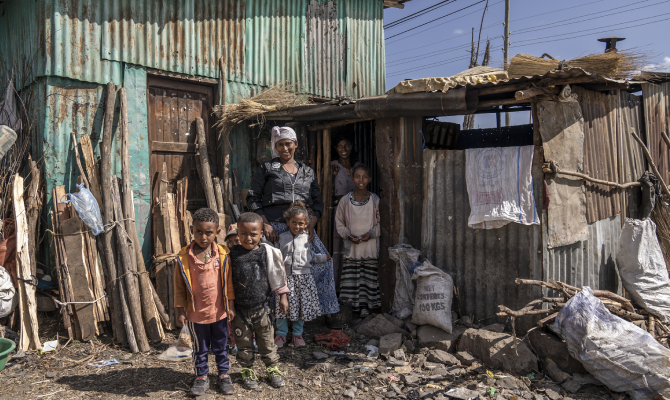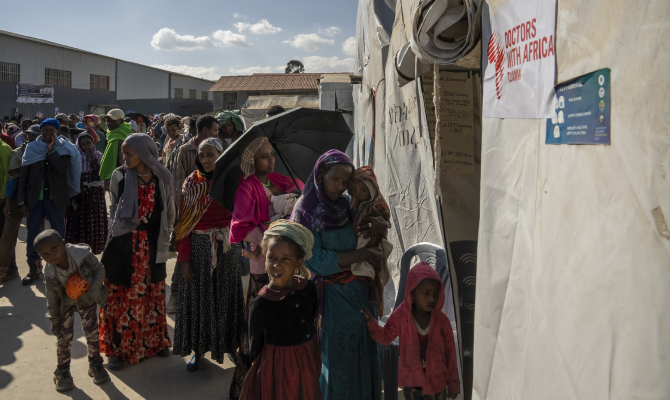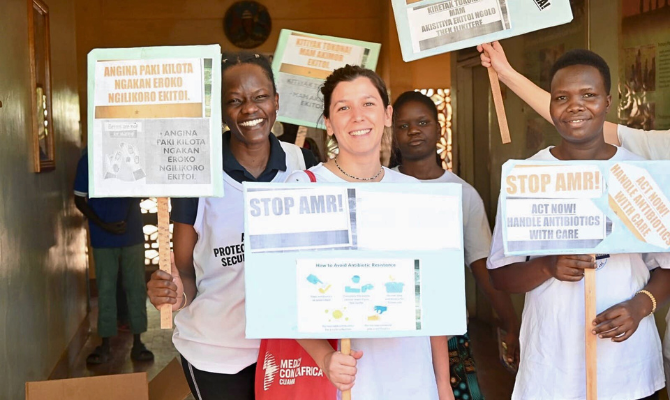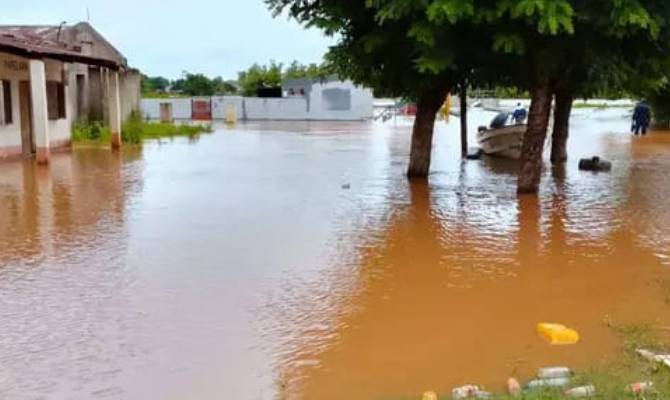According to the latest report published by UNHCR, the UN Refugee Agency, there are 108.4 million refugees worldwide fleeing war, persecution and violence, 27.2 million of whom within the African continent alone.
They are internally displaced persons and refugees forced to leave everything behind to go towards a new horizon of possibilities.
A horizon that can be blue, wide and boundless, like a open sea, the Mediterranean, where according to IOM – UN Migration 26.000 hopes have been dashed forever in the past 10 years. But also the narrow horizon shaped like an overcrowded shed, such as that of China Camp in Debre Berhan, Ethiopia where 200.000 displaced people live in shelters, or that of a moltitude of tents set up in the bush, such as many IDP camps in Cabo Delgado province, Mozambique where the number of internally displaced people is close to one million.

According to UNHCR’s annual report (2022), the number of people forced to flee because of war, persecution, violence and human rights violations saw an unprecedented increase of 19.1 million over the previous year. Complicated by both the war in Ukraine, ongoing conflicts in the rest of the world and climate change, the primary cause of droughts and environmental disasters.

We believe is worth noting that 27.2 million of internally displaced people are within Africa alone, people who moved between African countries or within the same country, what is generally known as internal migration. We see this in South Sudan, a country that counted 2.3 million refugees hosted in neighboring countries, and over 2 million internally displaced persons. Numbers that have changed, since the beginning of the conflict erupted in Sudan, exacerbating the situation in one of the most fragile countries in the world. In fact, according to OCHA (April 2023), South Sudan has taken in 23.000 refugees: among them, Sudanese refugees, refugees from third countries or even South Sudanese who have returned as a result of the conflict. These are emergency situations that strain already unstable systems, weighing on the political, economic and health levels.

Numbers that are expected to grow dramatically due to the effects of climatechange: droughts, famines but also extreme weather events such as cyclones or floods.
In the face of these situations, whether chronic crisis or pure emergency, we renew our commitment to ensure decent living conditions and access to health services for those fleeing war, persecution and violence, everywhere.





